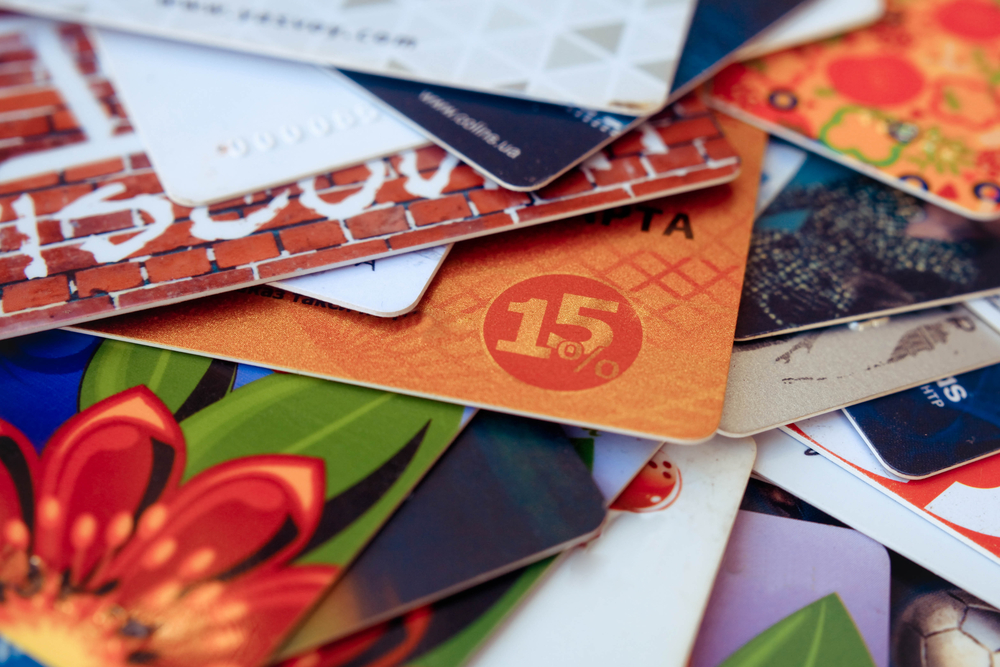Gift Card Liabilities When Valuing a Business

Recently, a lender (who now has become a client) came to us looking for a second opinion on a valuation of a Massage Envy Franchise. Their appraiser came back with a negative value conclusion which centered around deferred gift card liabilities transferring with the sale. We took a step-by-step review of the business and how these liabilities are treated when determining the value of the franchise. Here are some key points from that discussion.
A deferred liability occurs when a company has been paid for a service that a customer has not yet received or that has not been fully completed. This can happen in any industry, but this is common among businesses that sell gift cards.
Here’s an example:
A local massage franchise sells a $100 gift card to a customer for a 1-hour massage. That service (and revenue) is booked at full cost at the time the gift card was sold, but the company is sold before it’s redeemed. Even though the prior owner received payment, the new owner is still obligated to provide that service. This is considered a deferred liability on the balance sheet for $100.
From a valuation perspective, it may not be a true liability because other costs are associated with providing the massage. Some gift cards are never redeemed, but regardless of whether they are or not, the store is still open, the massage technicians are still being paid, and the lights are still on, so operational expenses are still being incurred. Redeeming the gift card just requires a slot to be open during any day in the future so that $100 liability is actually much less. In the case of Massage Envy, they have specific formulas for normalizing the gift card liability.
When comparing market transactions from similar massage franchises, these “gift card liabilities” are built into the price. Both buyer and seller understand that they are there, and
assuming they are “normal,” they are included. Therefore, there should not be a deduction for the market approach.
For an income approach, you can take two routes:
- Use a deduction but come up with a “reasonable” liability to deduct.
- Build your liability into your cash flow projection and DCF.
How To Accurately Determine Liability
To value these businesses appropriately, you have to know how to treat the gift cards and the liabilities that transfer with them to a new owner. If you have questions about properly determining what a gift card liability is actually worth, the experts at GCF can help.

